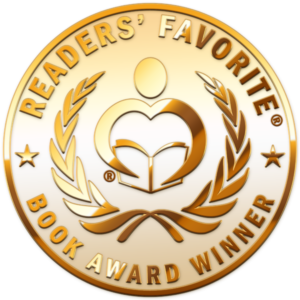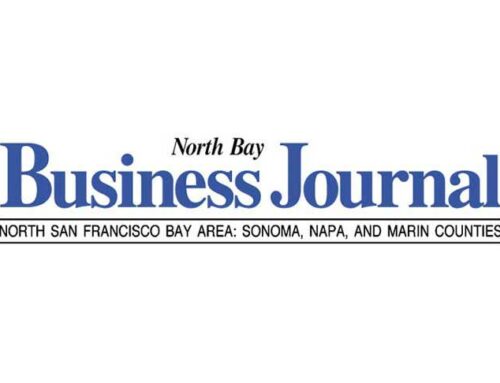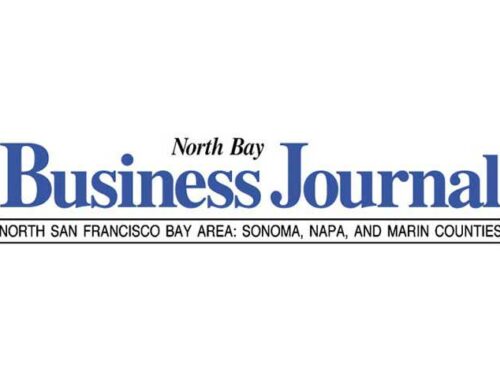THE NEW RETIREMENT: A PARADIGM SHIFT BY GLORIA DUNN-VIOLIN
How many times in the past have you said, “If I only knew then what I know now. If only I had been smarter, better, and more aware.” Today, those of us approaching or over 50 are. We’ve come a long way, as we stumbled through our first half of life. All our successes, failures, and life lessons have shaped us. They have filled our personal and professional growth with the expertise we will take into our second half of existence as we redefine and redirect our lives.
In the old paradigm, we might have graduated high school, attended college or a trade school, or went straight to work. Then, our mindset was to give our all at a job or career for 30-40 years. The carrot stick at the end of that journey was retirement, and sitting on one’s laurels. We don’t want that anymore. That was fine when life was shorter, and we didn’t understand we would have more time that could be filled with meaningful and enjoyable choices.
With our accrued wisdom, experience, knowledge, and skill, we can now go back to college or a trade school and start a new career. We can find a new calling, vocation, or volunteer work that keeps us satisfyingly active for the rest of our lives. Life has more meaning and purpose, and we are using ourselves for the greater good. We are also choosing to balance our lives with the other essentials that make a long life worthwhile, including leisure.
This is an unprecedented time. No other period in our history has experienced a future where millions of people have the potential to become centenarians. With the ability to live longer and healthier, this aging group requires purposeful activities and experiences. Fortunately, educational, governmental, and health practices are developing programs to respond to these needs.
Here are a few recent developments:
Because work is considered part of the retirement lifestyle today, some retirees are preparing themselves for new careers; and colleges and universities are developing programs for them. In addition to focusing on the mature adult, educational institutions are also beginning to provide programs for intergenerational learning, working, and socialization.
As reported recently in the New York Times, “In March, deans, provosts and vice presidents from 22 institutions, including Arizona State University, Columbia University, Community College of Vermont, Cornell University, Denison University, Tulane University, U.C.L.A. and the University of Washington, held a daylong summit at New York University to discuss future curriculums and collaborations. Their mission was to work together on ways to create intergenerational, age-friendly institutions and build a network to help students who want to reboot to service-oriented work.”
The Stanford University Distinguished Careers Institute is a dynamic new program for established leaders from all walks of life who seek to transform themselves for roles with social impact at local, national, and global levels. In partnership with the Stanford Center on Longevity, this yearlong program creates enriching professional and personal pathways for the next stage of life.
Many universities are also offering educational programs for those over the age of 50 who are learning for the joy of learning — without examinations or grades — and who want to keep in touch with a larger world. The Osher Foundation supports 119 lifelong learning programs on university and college campuses across the country, with at least one grantee in each of the 50 states and the District of Columbia. Local programs include: Dominican University in San Rafael, Sonoma State University in Rohnert Park, University of California, Berkeley, and The Fromm Institute at the University of San Francisco.
In addition to education and new careers, attendees at the 2015 White House Conference on Aging harnessed technology to bring today’s conversation about the future of aging to communities across the country. Hundreds of watch parties recently happened across every state in America, hosted by organizations such as AARP, the National Association of Area Agencies on Aging, Service Employees International Union (SEIU), the Diverse Elders Coalition, Leadership Council of Aging Organization’s members, and numerous cities and counties.
Two private sector examples of the many programs being developed that demonstrate cross generational programs were shared at the conference, and are models for the future:
- Encore.org, a national nonprofit focused on leveraging the experience of adults in midlife and beyond to meet community needs, will develop a new national campaign to mobilize older Americans’ talent to improve the prospects of vulnerable children and youth.
- Michigan Technological University’s Breaking Digital Barriers group pairs university students with older learners to provide instruction in digital literacy in rural Michigan. By 2017, the program will expand to reach additional older learners with 100 student tutors, with the aim of producing a nationally replicable model.
This increasingly active new frontier will change our expectations about work and career, engage us in healthier lifestyles, and prove beneficial for both today’s aging pioneers and younger generations.
The New Retirement: A Paradigm Shift is a recurring column by Gloria Dunn-Violin (415-259-7090, nowwhatrcoach.com, [email protected]), a certified retirement life coach, owner of HAVING A LIFE After Making a Living in Marin County and a business consultant. She is a professional speaker and also advises financial, insurance, and other business services on how to provide their clients with meaningful advice about retirement and aging.





